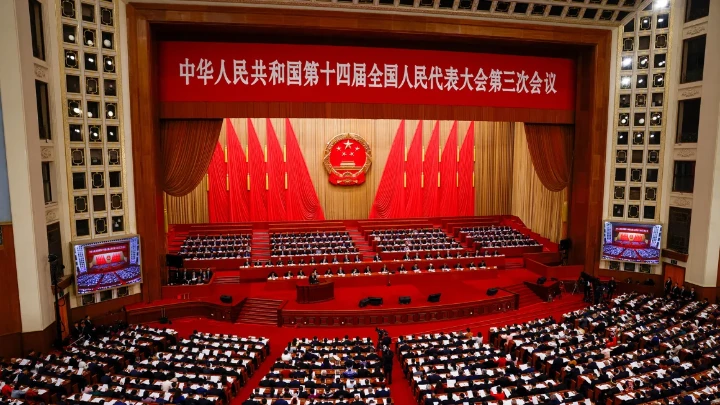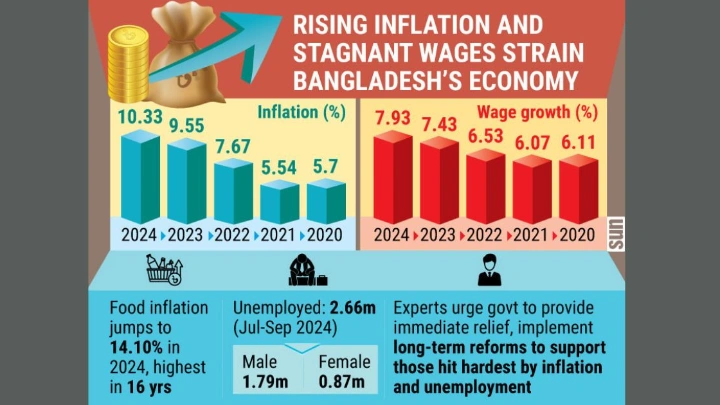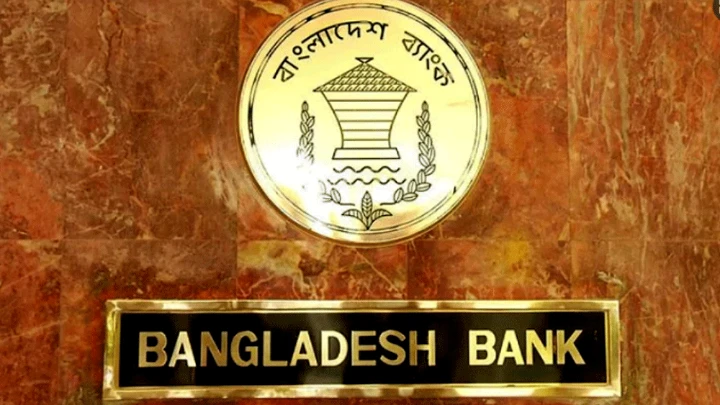Remittance from the US rises, share of Saudi shrinks
ProthomAloEnglish || Shining BD
There has been a significant shift in the share of remittance earning for Bangladesh throughout the last few years. Saudi Arabia held the largest share of expatriate income a decade ago, but now the United States has outshined the country in terms of growth rate in sending remittance to Bangladesh.
When it comes to destinations for human resources export, the US lags far behind Saudi Arabia. Economists, bankers, and analysts have called the developments into question and sparked speculations over the hidden catalysts.
Some analysts attributed the development to the role of hundi, while others suggest a potential connection with money laundering, speculating that laundered money might be coming back in the form of remittance earning.
Also, the authorities pay a 2.5 per cent incentive for bringing expatriate income, which may have a role in the growing remittance.
According to economic review-2023 and Bangladesh Bank, the US is now the second top source of expatriate income for the country, following Saudi Arabia. The top five sources of remittance earning are Saudi Arabia, the US, the United Arab Emirates, the United Kingdom and Kuwait.
The five countries collectively accounted for nearly 65 per cent of remittance the country received in fiscal year 2022-23. However, the income from Saudi Arabia and Kuwait experienced a decline in the last year compared to the previous financial year, while the remaining three sources saw a rise.
In fiscal year 2012-13, about 26 per cent of total expatriate income was generated from Saudi Arabia but the share plunged to 17.5 per cent in FY23. On the flip side, the share of the US increased from 13 per cent to around 16.3 per cent over the same period.
Throughout the last 10 years, Saudi Arabia, UAE, Oman, Kuwait, Malaysia, and Singapore have seen their share of remittance in Bangladesh decline, while Qatar, Bahrain, the UK, and the US have witnessed an increase.
The human resources export sector has also registered a significant change throughout the last 10 years.
Around 54 per cent of the country’s total manpower exports were made to Saudi Arabia in 2022, followed by 16 per cent to Oman, nine per cent to the UAE, 6 per cent to Singapore, and 4.5 per cent to Malaysia.
In 2012, some 35.5 per cent of exports were made to the UAE, followed by 28 per cent to Oman. Saudi Arabia received only 3.5 per cent of total manpower exports from Bangladesh. After 10 years, the country now tops among the countries receiving migrant workers from Bangladesh, though it was not among the top five in 2012.
Tasneem Siddiqui, founding chair of Refugee and Migratory Movements Research Unit (RMMRU), attributed the change in remittance earning to the current political tension between Bangladesh and the US. He said a large portion of the previously laundered money might be returning home in the form of remittance.
According to Bangladesh Bank data, the country received USD 3.52 billion from the US in the fiscal year 2022-23, slightly lower than the USD 3.77 billion from Saudi Arabia. These two countries collectively contributed nearly one-third of the total expatriate income.
In the last fiscal, the country received a total of USD 21.61 billion in expatriate income, with a 3 per cent rise compared to the previous fiscal year.
Remittance from the UAE saw the highest growth of 46.5 per cent, while the United States and the United Kingdom witnessed around 2.5 per cent and 2 per cent rise, respectively.
Reasons behind high remittance from the US
Bankers said remittance from the United States reaches Bangladesh through two legal channels – bank-to-bank transfers and various foreign exchange houses.
It is easier to send money from the US to Bangladesh through exchange houses. This is why most of the outsourcing income enters the country through the exchange houses and then is withdrawn through banks in the final stage.
Some others said a portion of the laundered money is returning home to take advantage of the rising dollar exchange rate and the government’s 2.5 per cent incentive against expatriate income. Later, the funds might be going abroad again.
Anis A Khan, former managing director of Mutual Trust Bank and former chairman of the Association of Bankers, Bangladesh, said a good number of people who migrated to the United States and European countries after the 1990s have established themselves successfully. Some of them are now sending large amounts of money to acquire properties in Bangladesh.
Also, a good portion of laundered money might be returning home to take advantage of the government incentive, he added.
Shining BD























